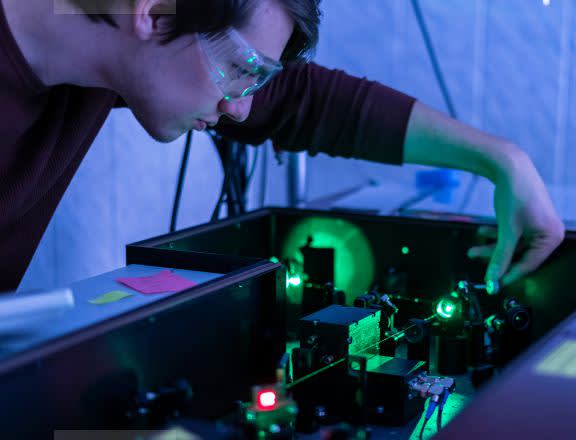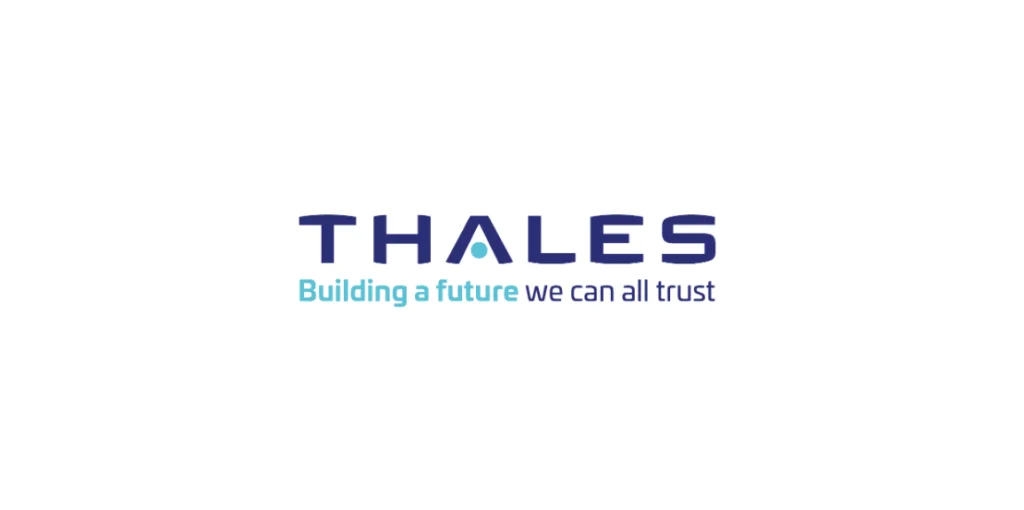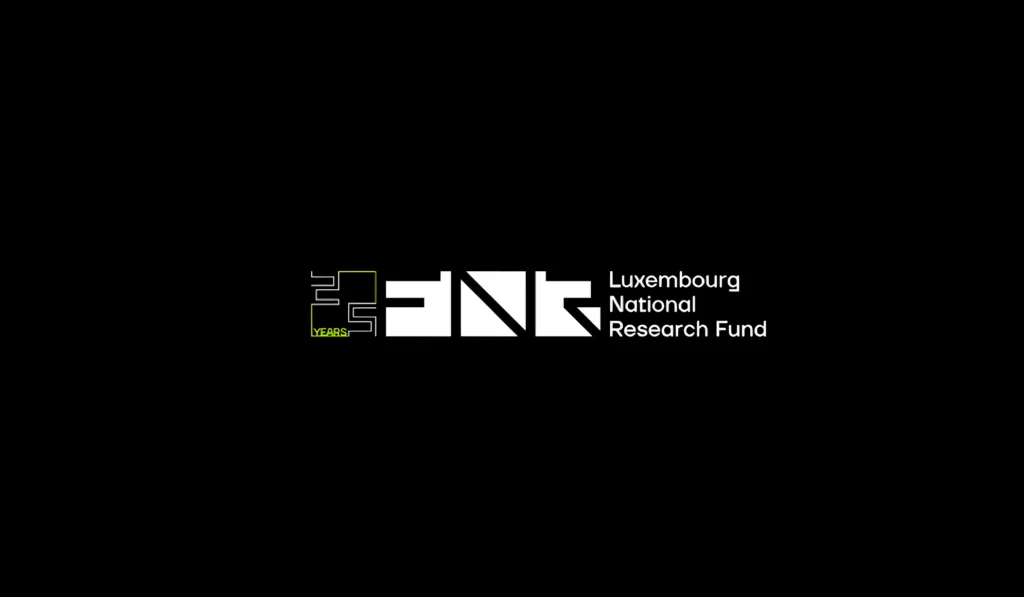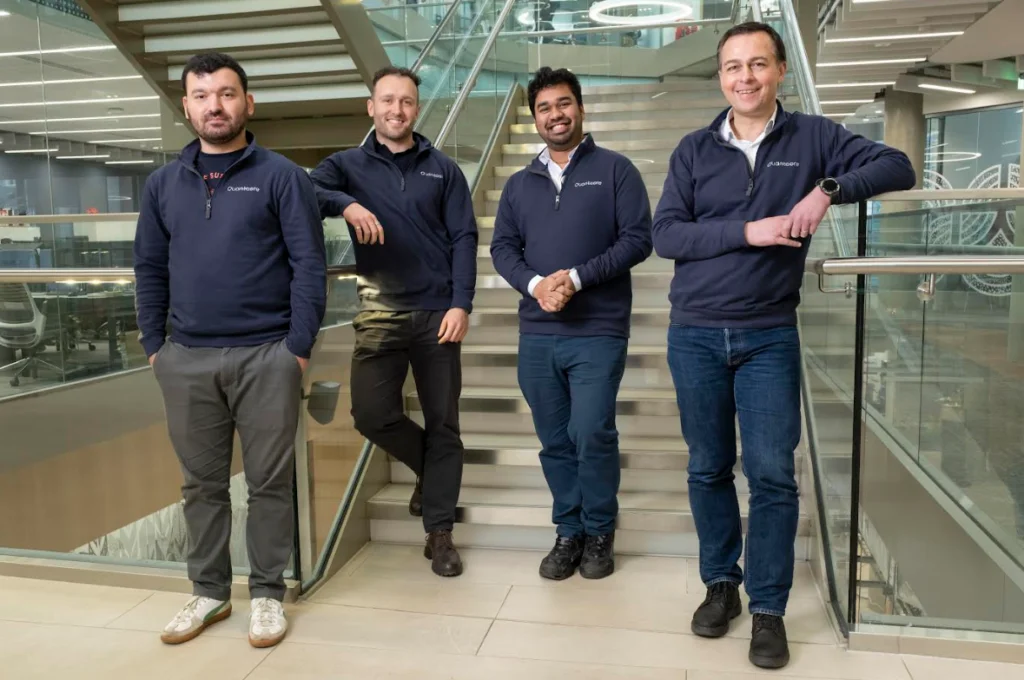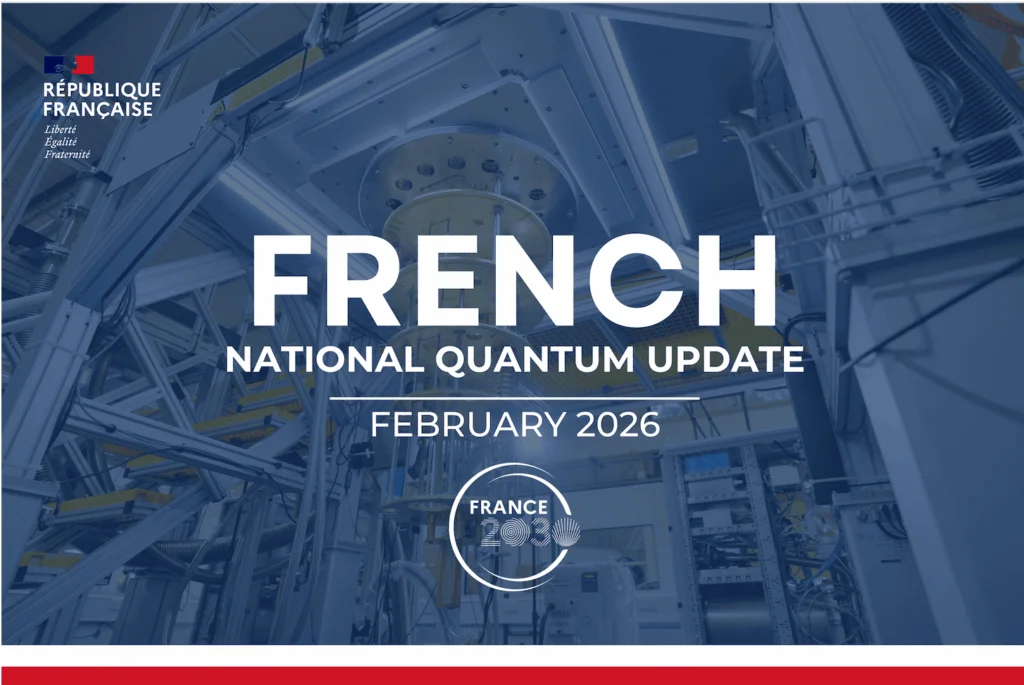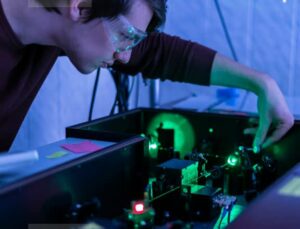
PRESS RELEASE – Q-CTRL, a startup that applies the principles of control engineering to accelerate the development of quantum technology, today announced the results of benchmarking experiments showing that an advanced error-suppression technique increases the likelihood of quantum-computing-algorithm success over 2500% on real hardware.
Currently, most quantum computers are so error prone that only the shortest and simplest algorithms can be run. Building on recent “algorithmic benchmarking” experiments performed by the U.S. Quantum Economic Development Consortium, the errors encountered in the hardware systems under test were initially so severe that the computers in some cases returned outputs no different from random chance.
By using specialty software to change the building blocks of quantum algorithms – known as “quantum logic gates” – Q-CTRL found it was able to reduce computational errors at an unprecedented level. No changes to the test algorithm or hardware were required, and with this gate replacement alone a maximum improvement of 2680% was achieved.
Completed on multiple IBM quantum computers, the experiments also showed the new quantum logic gates were over 400 times more efficient in preventing computational errors than any previously demonstrated techniques, considerably simplifying the procedure for a user to achieve improved performance.

“This is the most powerful error-suppression technology ever demonstrated, and delivers an enormous competitive advantage to users,” said Q-CTRL founder and CEO Professor Michael J. Biercuk. “These simple-to-use techniques will likely enable organizations to achieve useful quantum computing years ahead of current projections.”
“We had previously demonstrated the performance of error-resilient quantum logic gates, but putting all of the pieces together and observing an algorithm run 2500% better was absolutely amazing.”
Biercuk is discussing the findings at the Inside Quantum Technology conference in New York on Friday. A blog post with full details, data and graphics is available at this URL.
The computational power of quantum computing is expected to deliver transformational capabilities in applications ranging from drug discovery and enterprise logistics to finance. However, the underlying hardware is extremely unstable and fragile, hampering these machines from reaching their full potential. Q-CTRL is focused on delivering hardware-agnostic, error-suppressing enterprise software that will enable useful quantum computing for organizations around the world.
To learn more about Q-CTRL, visit q-ctrl.com.
About Q-CTRL
Q-CTRL builds quantum control infrastructure software for R&D professionals and quantum computing end users. Its focus on developing the most advanced tools and techniques in error suppression provides a unique capability advancing the performance of quantum computers. Q-CTRL recently announced a partnership with Transport for NSW delivering its enterprise infrastructure software to transport data scientists exploring quantum computing.
Q-CTRL has assembled the world’s foremost team of expert quantum-control engineers, providing solutions to many of the most advanced quantum computing and sensing teams globally. Q-CTRL is funded by SquarePeg Capital, Sierra Ventures, Sequoia Capital China, Data Collective, Horizons Ventures, Main Sequence Ventures and In-Q-Tel. Q-CTRL has international headquarters in Sydney, Los Angeles, and Berlin.
If you found this article to be informative, you can explore more current quantum news here, exclusives, interviews, and podcasts.

